 |
 |
 |
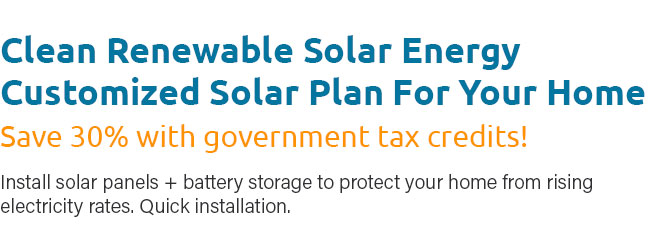 |
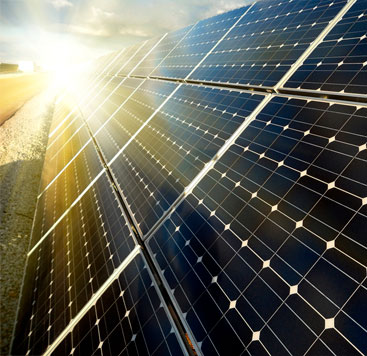 |
 |
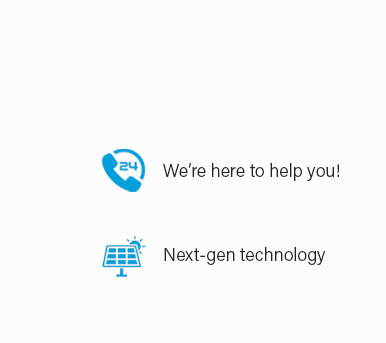 |
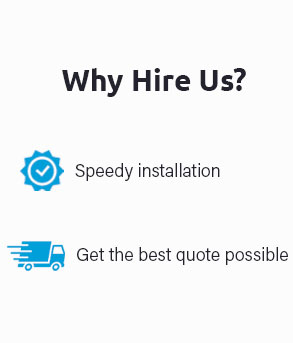 |
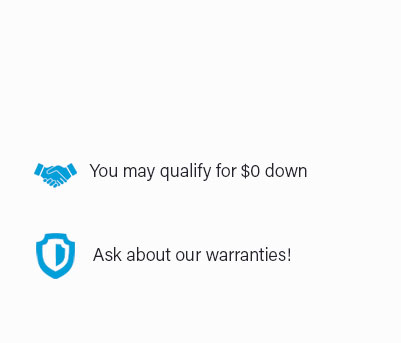 |
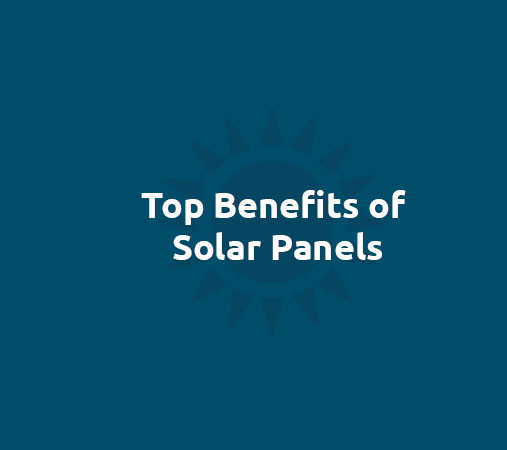 |
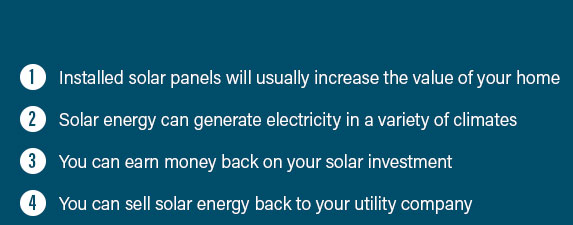 |
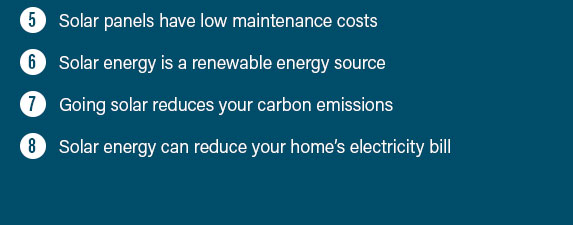 |
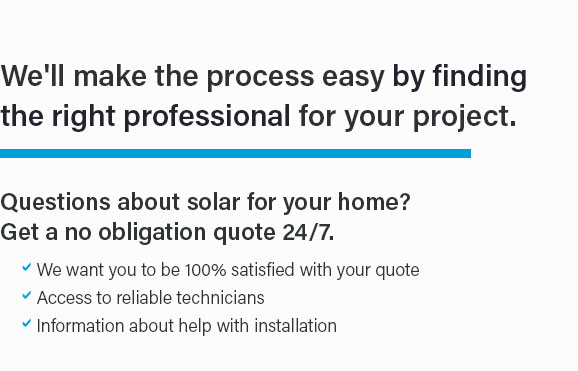 |
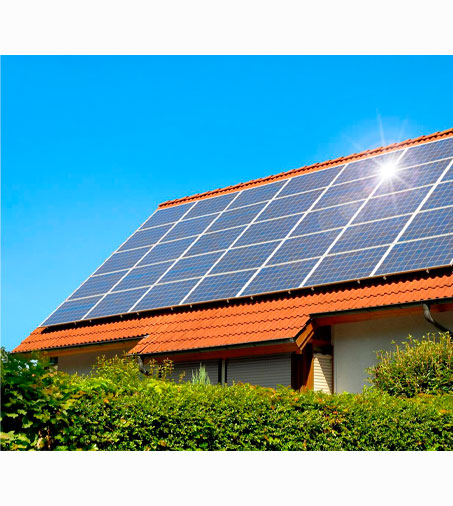 |
|
 |
 |
 |
|
Unlock the power of the sun and transform your energy future today-get your personalized solar panels installation quote now and discover just how affordable a solar roof can be; with costs dropping and incentives rising, there's never been a better time to invest in clean energy, and we're here to guide you every step of the way, ensuring you understand exactly 'how much does it cost to install solar roof'-it's more attainable than you think, and the long-term savings and environmental impact are simply unbeatable.
https://www.angi.com/articles/solar-shingles-cost.htm
You can expect around 60% of your total project cost to go toward the labor to install your solar shingles or an average of about $21,000. Your ... https://www.quora.com/What-is-the-approximate-cost-of-installing-rooftop-solar-panels-in-the-USA-for-an-average-sized-house-around-two-story
The average cost to install solar panels in the United States is about $12,000 after federal tax incentives. On the low end, you can install a ... https://www.solarreviews.com/blog/how-much-does-the-tesla-solar-roof-cost-compared-to-conventional-solar
An average-sized Tesla Solar Roof will cost a total of $106,000 before incentives are applied; this works out to about $15 per watt of solar installed or $63 ...
|